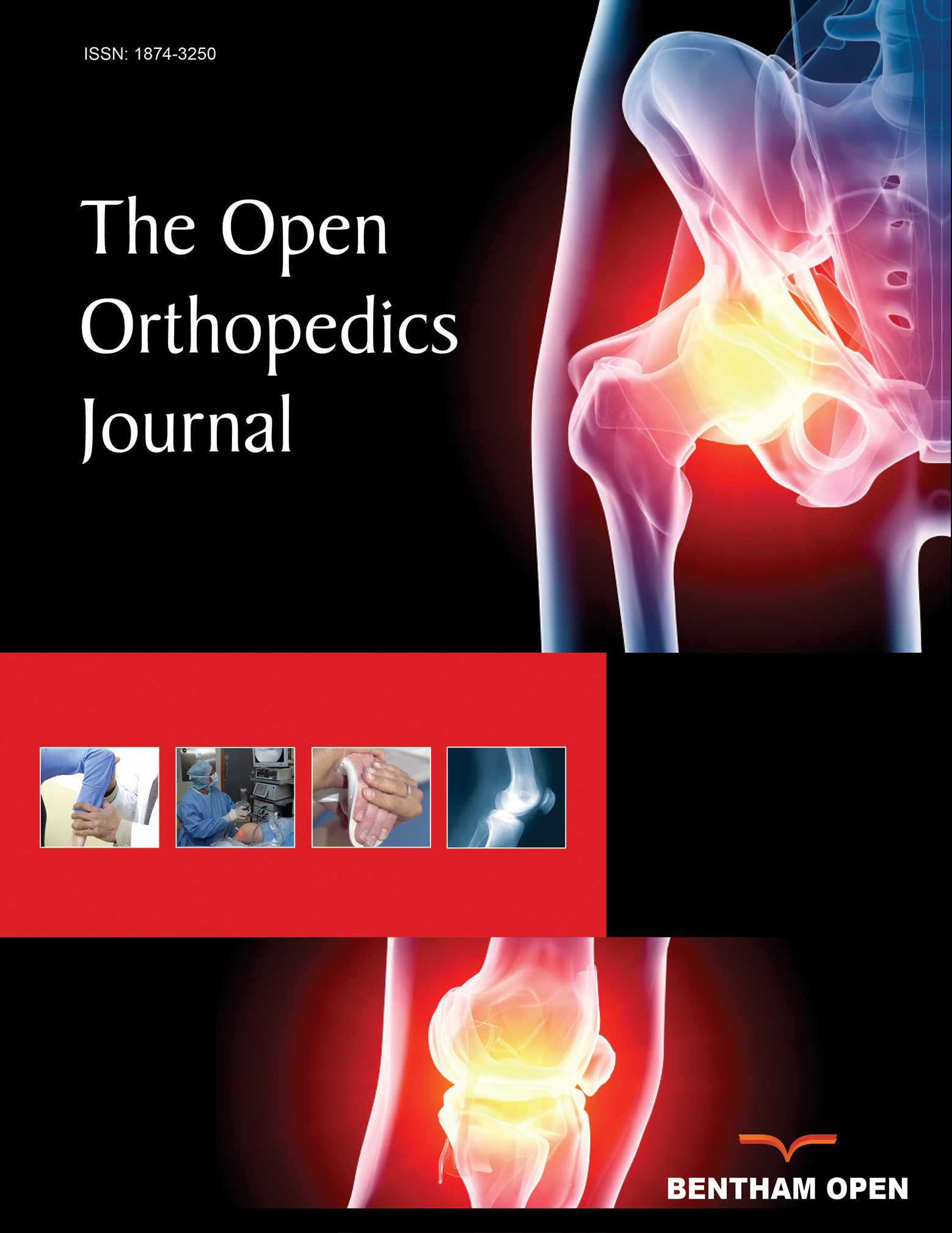All published articles of this journal are available on ScienceDirect.
Variations in Physiological and Psychological Responses of Orthopaedic Surgeons and Clinical Fellows during Hip and Knee Arthroplasties
Abstract
Background:
Both physical and mental stress is present within the practice of healthcare professionals, which in turn negatively affects the quality of the services provided to the population and therefore, leading to mental exhaustion of the individuals involved.
Purpose:
To track physiological and psychological responses to common hip and knee surgeries, and during clinic days, in a group of orthopaedic surgeons and their clinical fellows (trainees), and to compare the physiological and psychological results with baseline physiological stress tests.
Methods:
Heart Rate (HR), Breathing Rate (BR), and self-reported anxiety were recorded in 3 fellowship trained orthopaedic surgeons and 5 clinical fellows using a wearable Equivital EQO2 physiological monitor and the State-Trait Anxiety Inventory (STAI). Data was recorded for days in surgery as well as clinic for 6-8 hours/day. This data was compared to baseline physiological stress tests.
Results:
Mean HR and percentage of heart rate maximum (%HR-max) were not significantly different between staff and fellows throughout the surgery days regardless of the role occupied during both primary Total Hip Arthroplasty (THA) and Total Knee Arthroplasty (TKA). For Heart rate variability (HRV), there was no difference noted between staff and fellows at any moment around and during THA, however, fellows had significantly higher variability during TKA and maintained this increased variability in the postoperative period. In THA, staff failed to show any statistical difference between the HRV in the cases they were assuming the role of primary surgeon compared to the cases they were assisting and the clinic days. On the contrary, fellows showed significantly higher HRV when they were assisting during THA compared to when they were assuming the primary surgeon role or during their clinic days.
Conclusion:
Different stress patterns were noted in clinical fellows compared to the staff, especially showing a higher overall HRV during TKA.


